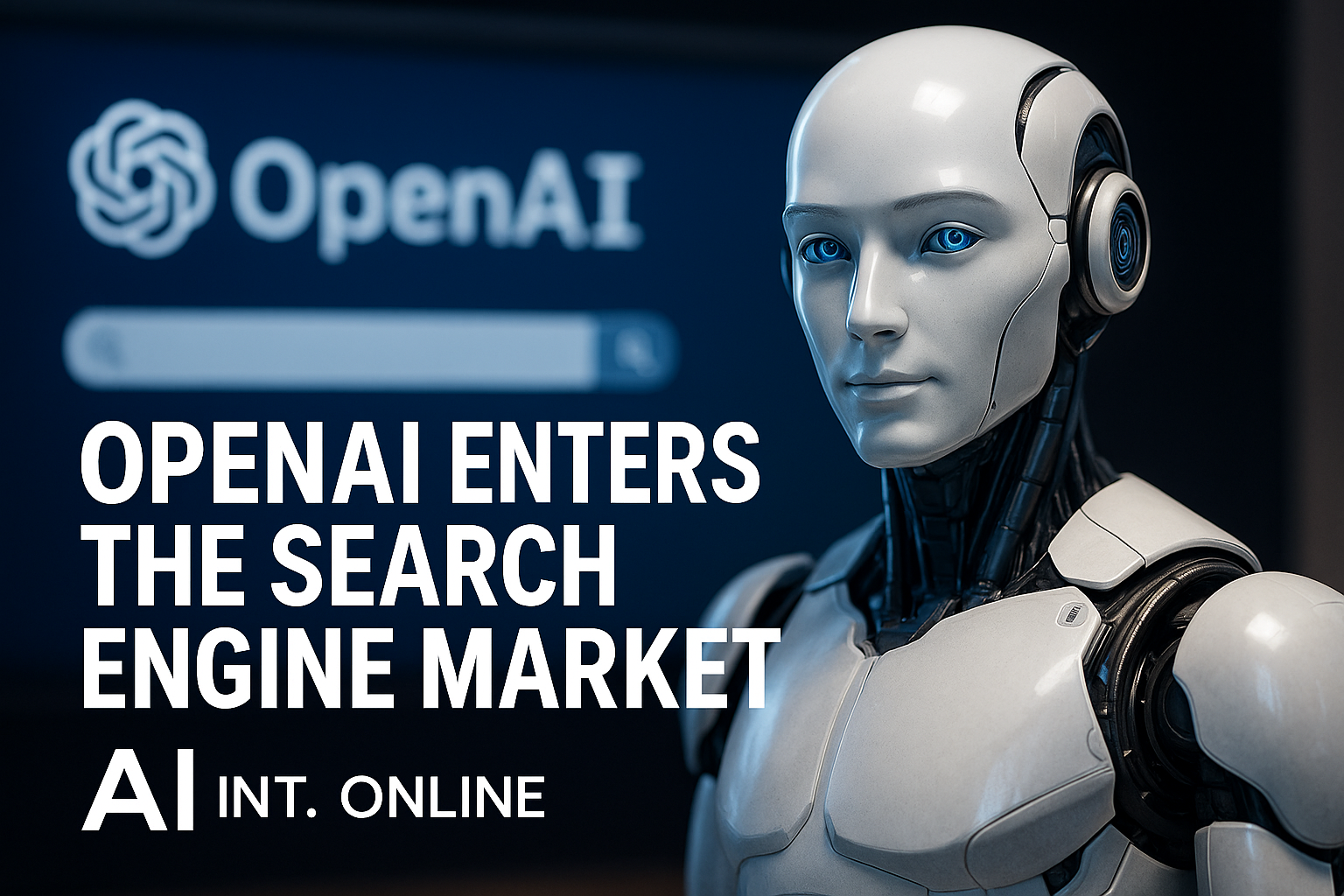OpenAI has officially launched its long-rumored AI-powered search engine, signaling a major disruption in a market long dominated by Google.
The new search experience combines the power of GPT-5 with real-time web access, enabling users to ask complex questions and receive answers that are both conversational and fact-checked against current sources. Unlike traditional search engines, OpenAI’s approach emphasizes clarity, synthesis, and action-ready responses — not just links.
“This isn’t search-as-you-know-it,” said Mira Murati, CTO at OpenAI. “We’re rethinking what it means to find and understand information.”
Key Features:
Conversational interface with GPT-5
Live web access and citation tracking
Actionable results (summaries, comparisons, timelines)
Seamless integration with productivity tools like Notion, Slack, and Chrome extensions
Industry analysts are calling this the biggest shake-up to hit the search market since the launch of Google itself. With OpenAI’s massive brand recognition and integration with ChatGPT, adoption is expected to be swift, especially among younger and tech-savvy users.
Meanwhile, competitors like Google, Microsoft (Bing), and emerging players like Perplexity AI are already adjusting strategies. Google is rumored to be accelerating Gemini integration into Chrome and Android, while Bing plans deeper Copilot embedding across Windows.
This move may also redefine how users interact with the web: not just searching for answers, but receiving them directly, with clarity and nuance.
For more on how AI is changing your digital world, visit AIint.online
